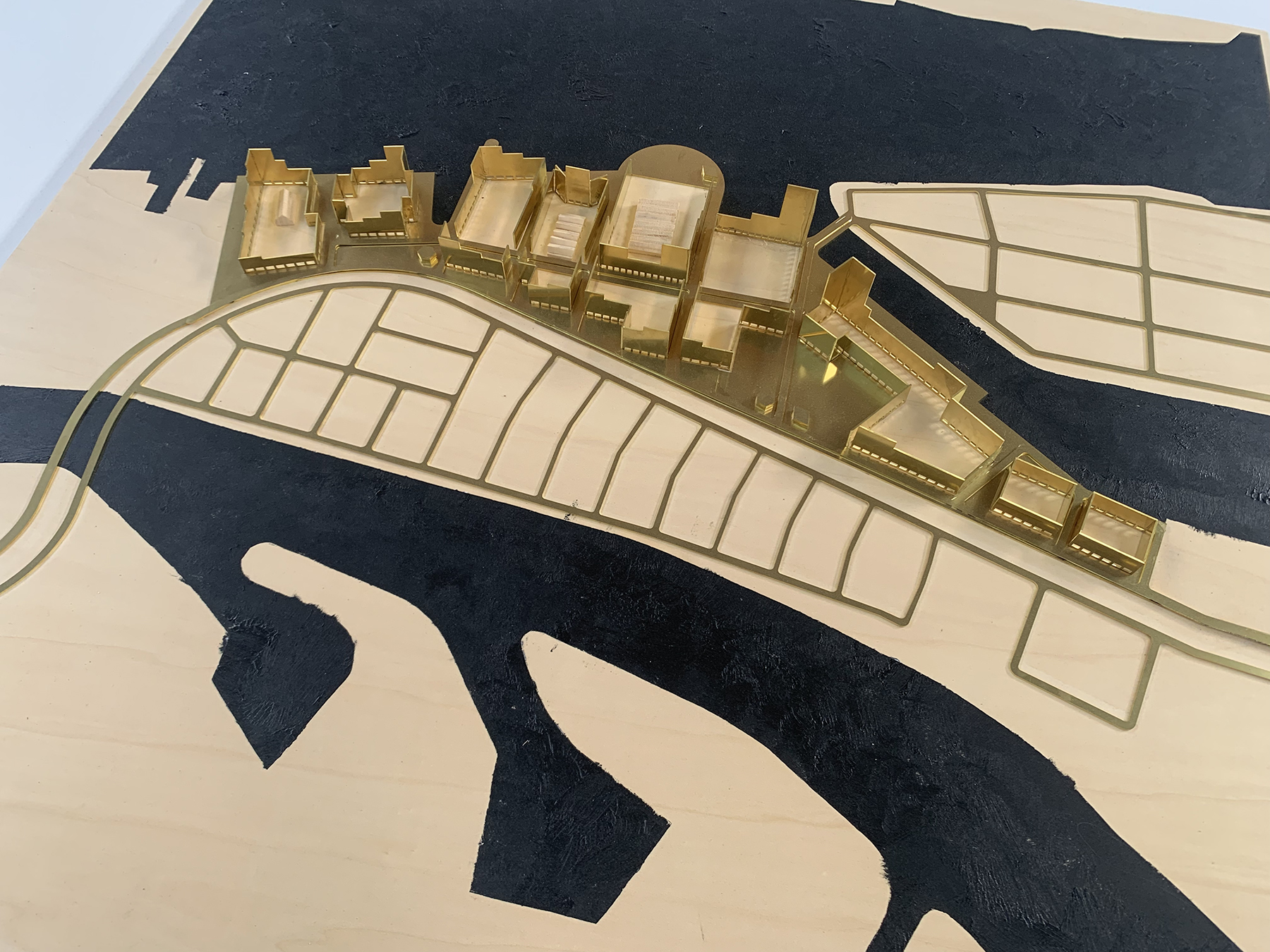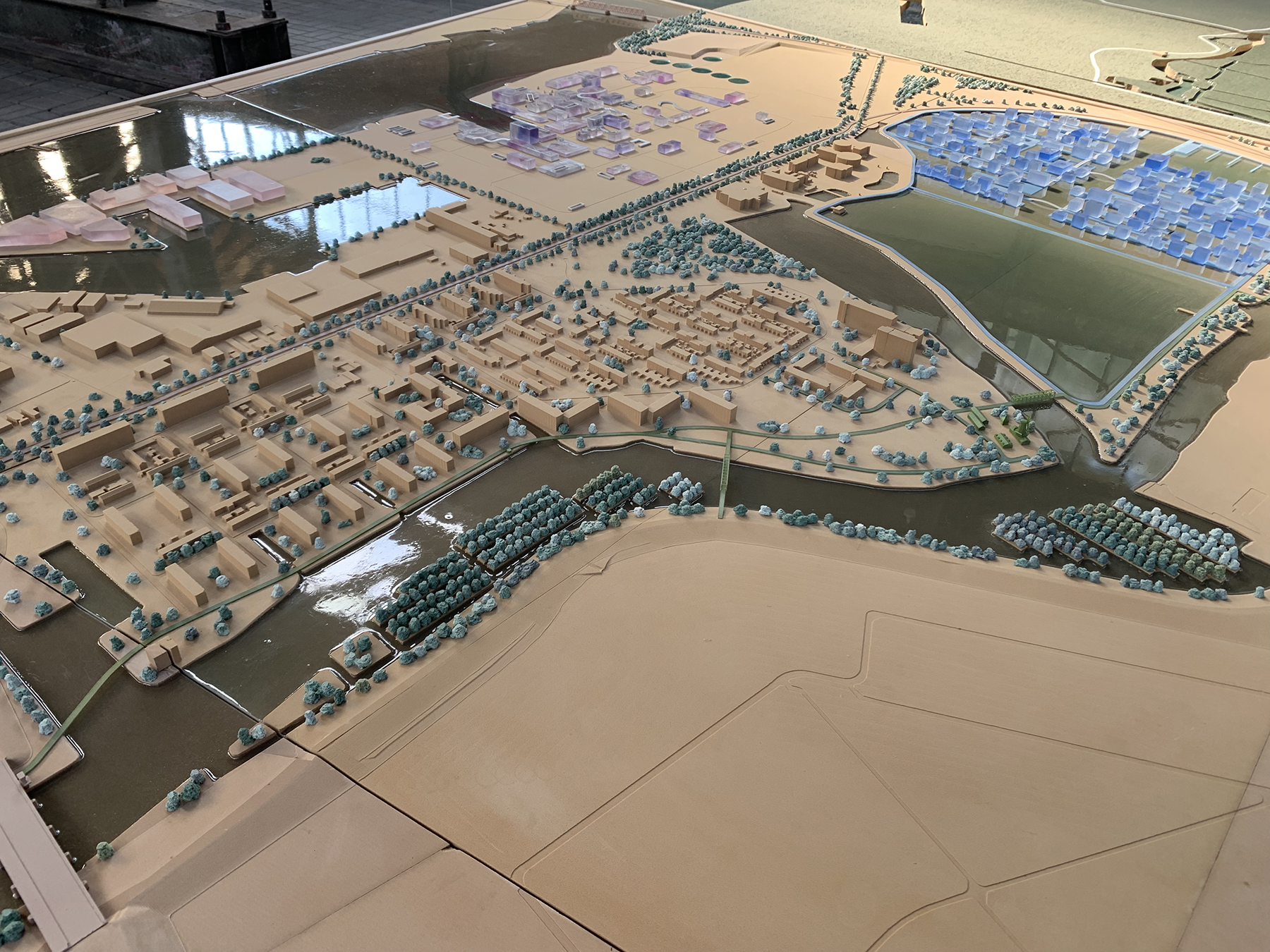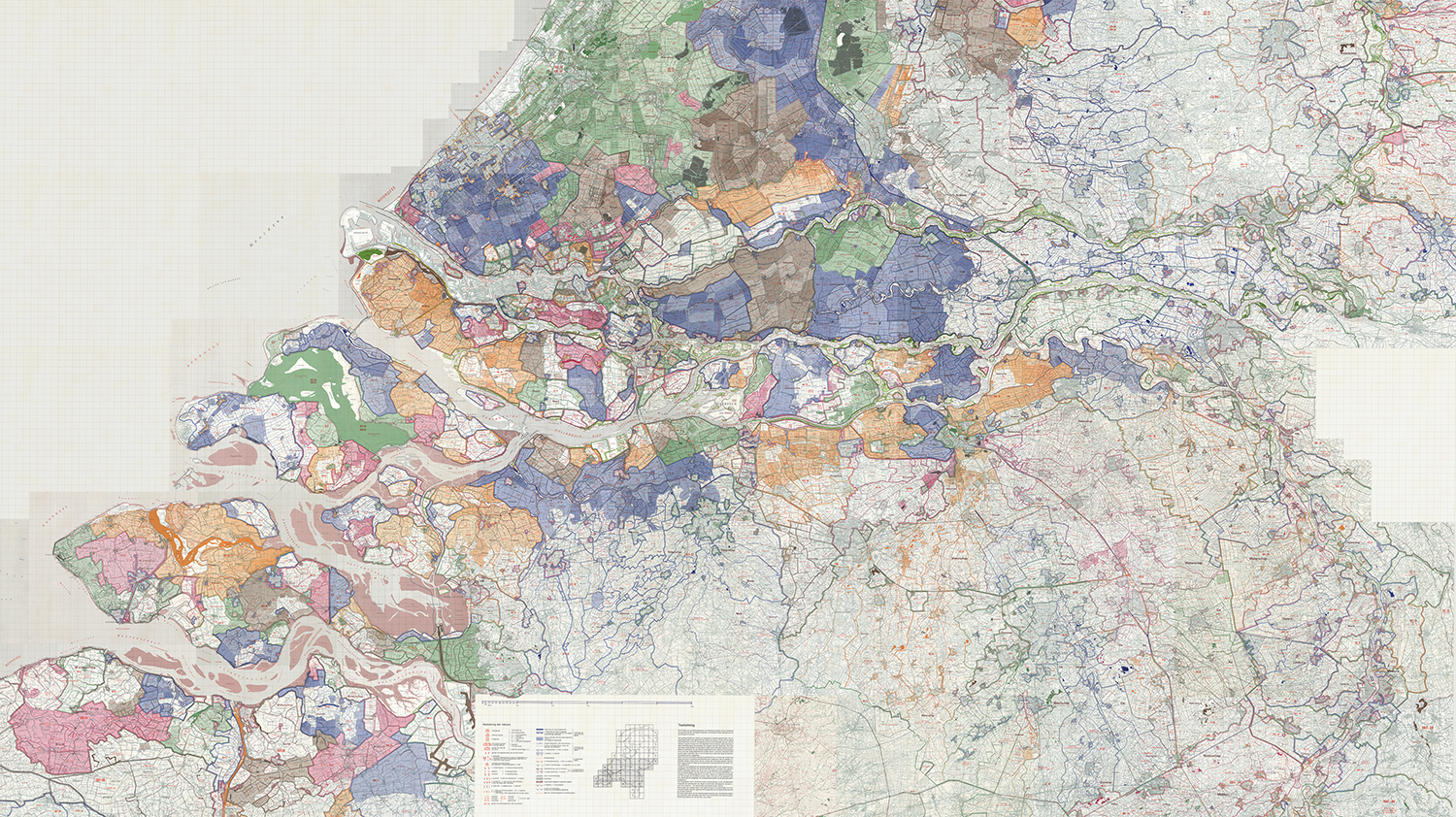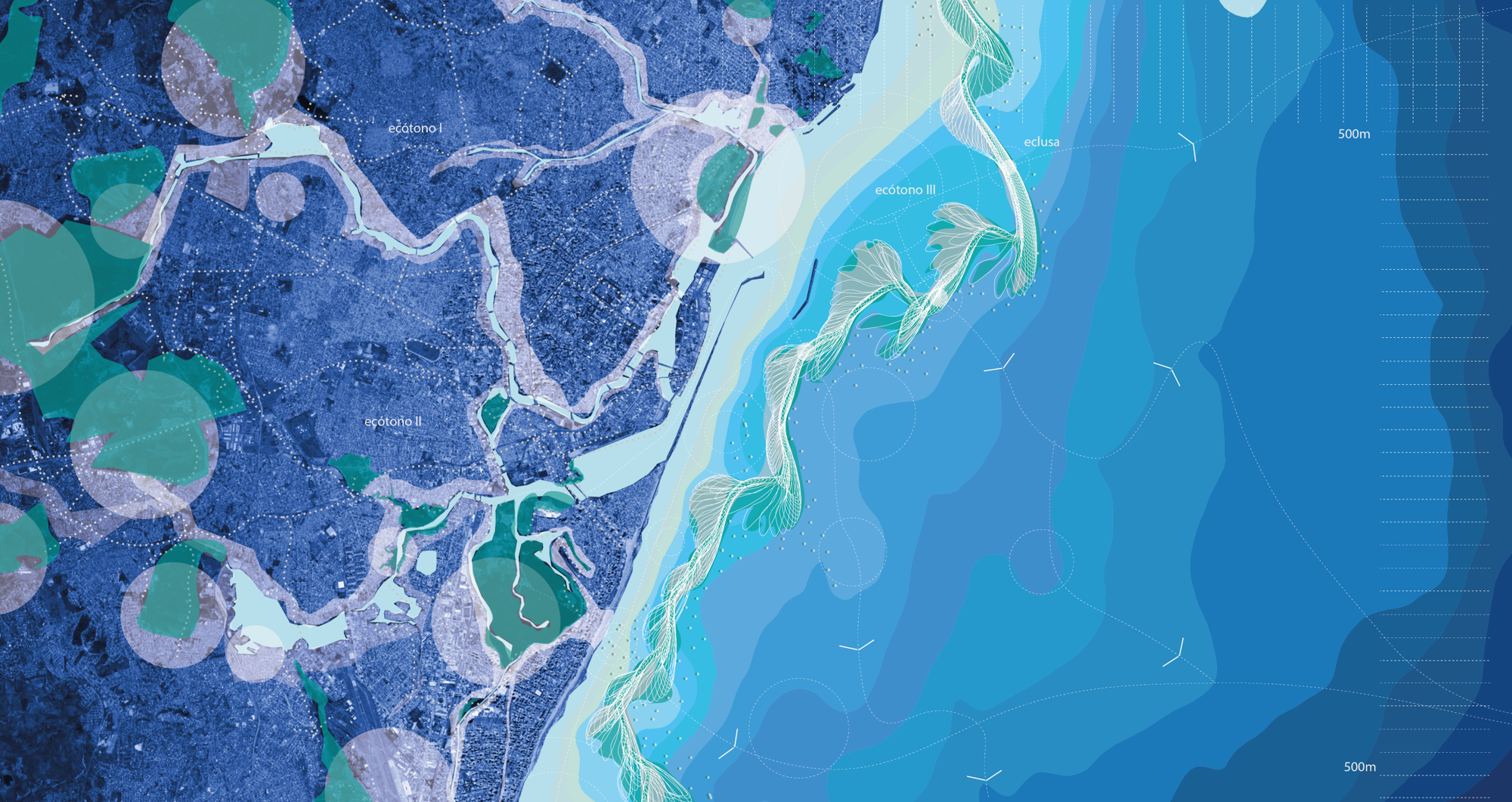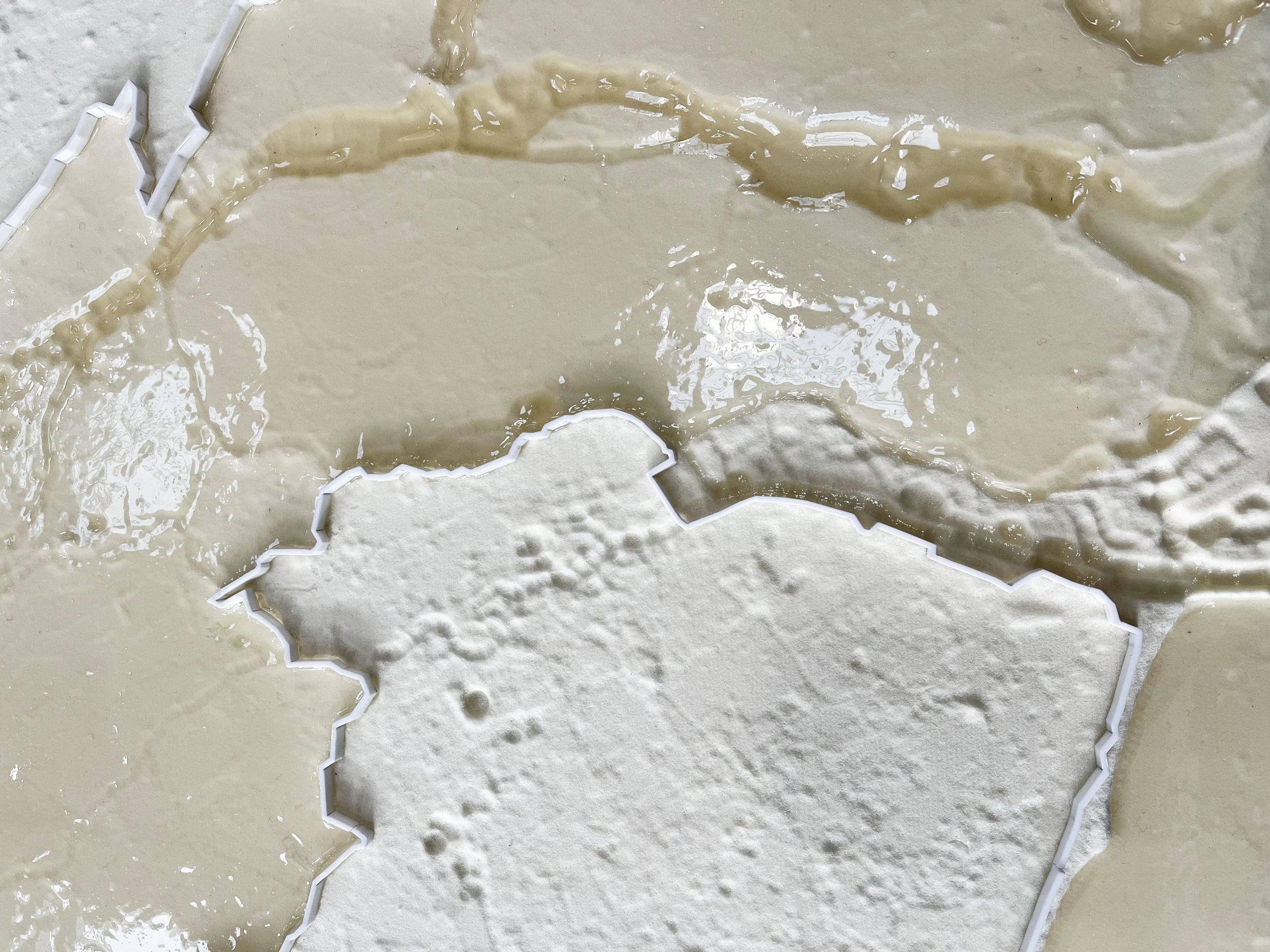
Terms & Conditions
Introduction
Welcome to the ReDesigning Deltas (RDD), please read the Terms and Conditions (“Terms”, “Terms and Conditions”) carefully before using the www.redesigningdeltas.org website operated by the ReDesigning Deltas project (“us”, “we”, or “our”).
Your access to and use of the Service is conditioned on your acceptance of and compliance with these Terms. These Terms apply to all visitors, users and others who access or use the Service, taking effect from the first visit to the site.
By accessing or using the Service you agree to be bound by these Terms. If you disagree with any part of the terms then you may not access the Service.
Changes to the Terms + Conditions
As RDD is an international research project, we may regularly update and improve the site and the contents. We reserve the right, at our sole discretion, to modify or replace these Terms at any time. Please review these terms regularly, you will be legally bound by the updated or amended terms each time you visit the site.
Intellectual property
The rights in content, materials (videos, reports and so forth), images, information, data, trademarks, trade names and logos and other content included on RDD website are owned by us or the relevant third party content owner. All rights are reserved and we will make reasonable attempts to acknowledge rightful owners – we regret any unreferenced ownership and will attempt to address any issues as soon as possible. ReDesigning Deltas contents is protected by a variety of third party rights: you may not copy, adapt, re-publish, make available to the public or print off copies of RDD content in any way, or use it other than for your personal non-commercial use, without our prior written permission.
Information
Information available on the site, is available freely under the context of the RDD project. The contents of the site (unless noted) and related material (newsletters, reports, videos and so forth) has been generated within the context of the project (or by the project partners) and may not represent the unanimous views of all project partners, stakeholders or funding agencies. Contents has been generated for information purposes and we do not take any responsibility for its use, interpretation or application.
Third party websites
Our Service may contain links to third-party web sites or services that are not owned or controlled by RDD, or RDD has no control over, and assumes no responsibility for, the content, privacy policies, or practices of any third party websites or services. You further acknowledge and agree that RDD shall not be responsible or liable, directly or indirectly, for any damage or loss caused or alleged to be caused by or in connection with use of or reliance on any such content, goods or services available on or through any such websites or services.
Responsibility
The extent of our responsibility to you has been determined in the context of the following:
access to RDD is provided to you free of charge;
it is your responsibility to determine the suitability of any RDD content for any particular purpose to which you wish to put it;
RDD does not give instructions and you are responsible for any action or decision you take or do not take as a result of RDD content;
It is your responsibility to ensure that your equipment is enabled with appropriate up-to-date virus checking software before you access or use RDD.
While we will endeavor to ensure that RDD is available to you and that content for which we are responsible is accurate, we cannot make any legal commitment or representation to you that RDD will be available at any particular time or that it or any RDD content will be of any particular quality or fit for any particular purpose. However, we will exercise reasonable skill and care in providing any service to you.
We can accept no liability to you for any of the following types of loss (should you suffer any of them as a result of your use of RDD):
loss which was not foreseeable to you and us when you first accessed to use RDD (even if that loss results from our failure to comply with these terms or our negligence);
loss which you suffer other than as a result of our failure to comply with these terms or our negligence or breach of statutory duty;
any loss suffered due to the default of any party other than us.
We do not give any commitment that RDD or any RDD content will be available uninterrupted or error free, that defects will be corrected, or that RDD or its supporting systems are free of viruses or bugs.
We can accept no liability to you if we fail, or are interrupted or delayed in the performance of any obligation because of:
the non-availability or failure of any telecommunications or computer services, systems, equipment or software operated or provided by you or any third party;
any other event not reasonably within our control.
We do not give any commitments or accept any liability to you in respect of RDD content provided by other users of the website or third parties other than us.
Nothing in these terms will limit our liability for death or personal injury arising from our negligence.
General
If any of these terms are determined to be illegal, invalid or otherwise unenforceable then the remaining terms shall remain in full force and effect.
These terms shall be governed by and interpreted in accordance with the laws of the Netherlands.
© ReDesigning Deltas. Coordinated by Delft University of Technology. Julianalaan 134 – Postbus 5 – 2600 AA Delft, the Netherlands
